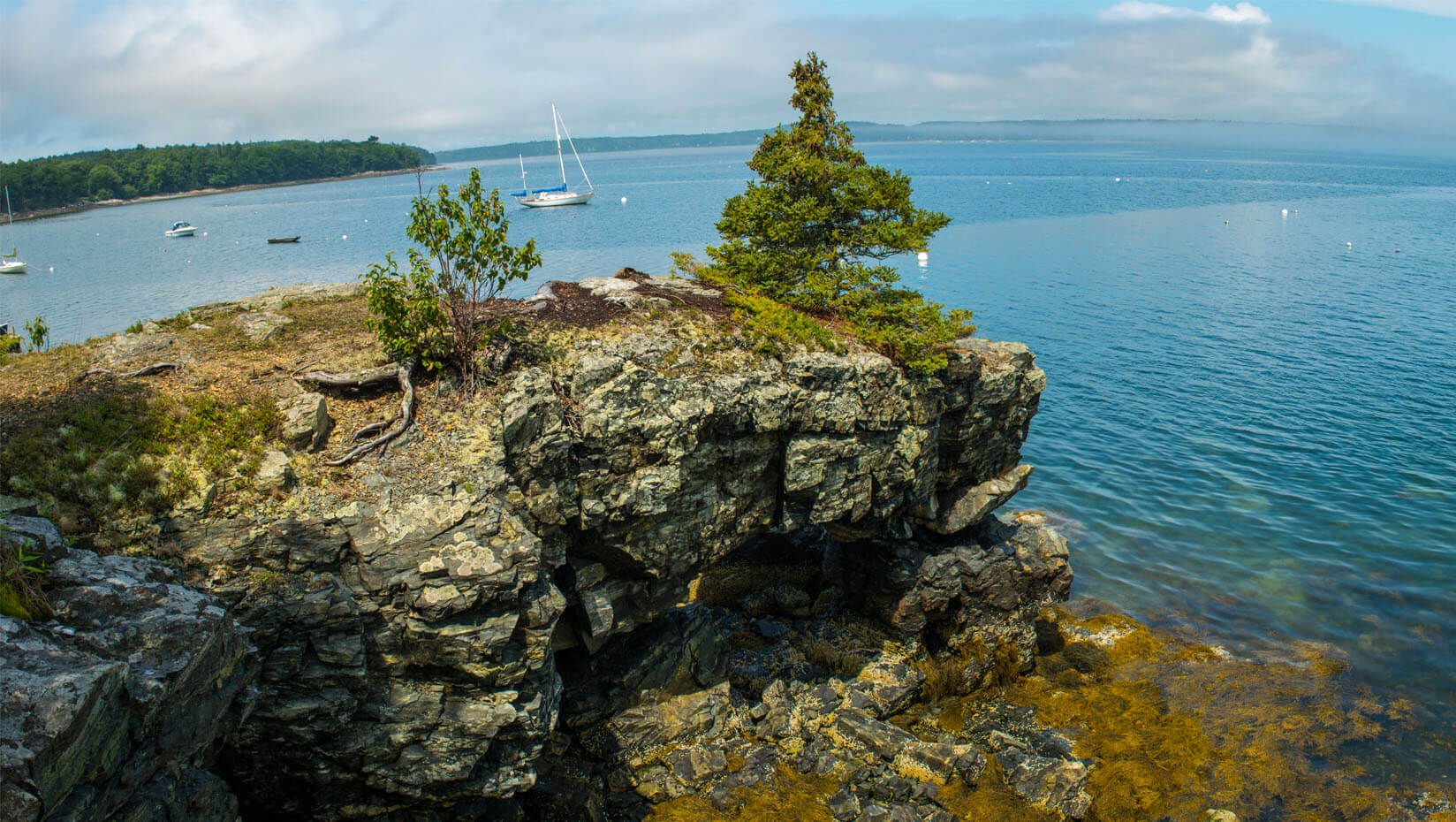
Longer, stronger summers in the Gulf of Maine
Transcript
Andrew Thomas:
The key question that we were interested in was trying to understand some of the details of how global warming is impacting the continental shelf in the Gulf of Maine and along the eastern seaboard.
Are the changes we’re seeing spread evenly over the year or are they focused on one season or another? And those changes, how do they change the seasonal cycle? Because those changes in the season cycle have a direct impact on our ecosystem.
What we found was quite astonishing actually. Most of the changes we see in temperature, which are all increasing, are actually focused at the end of the summer. So July, August, September are warming very rapidly and winter months are not warming nearly as rapidly and this is especially strong in the Gulf of Maine. The second thing we saw was that, accompanying that seasonal difference in when the temperature trends are strong is a shift in the seasonal cycle. And the main thing we found is that summer is getting longer. It’s not the winter that’s changing so much, but summer is getting longer. Summer is getting longer in the Gulf of Maine on the order of two days per year. So every year summer is getting longer by two days on average than it was the year before.
We have about 33 years of data so looking at that time period you can actually say that the summer in the Gulf of Maine is two months longer than it was back in the early 1980s. Having longer summers means that certain species are better adapted and well adapted to that and other species are not so well adapted. So we are seeing shifts in the distribution of species in where they are and how they behave. We are also seeing a shift in how the deep water, which has all the nutrients, is connected to the upper water.
As the Gulf of Maine changes we are going to see different species are successful, some species are not successful. We will see shifts in both the biomass and the distribution of these species. It also has ramifications for things like viruses and bacteria. They like warm areas and so those pathogens may live longer and last longer.
A warmer shelf means that hurricanes approaching in the late fall are going to be impacting warmer water. We know cold water slows down hurricanes and so hurricanes coming ashore will come ashore more powerful than the same sort of hurricane 20 or 30 years ago.
The Gulf of Maine and our continental shelf is changing very fast and we will have to adapt to those changes if we want to continue to use the Gulf of Maine to maximum advantage for ourselves.
